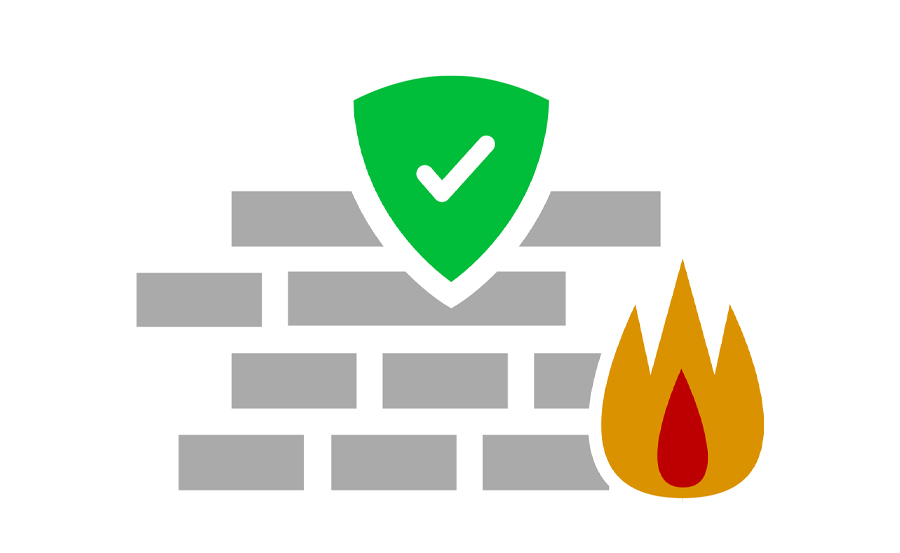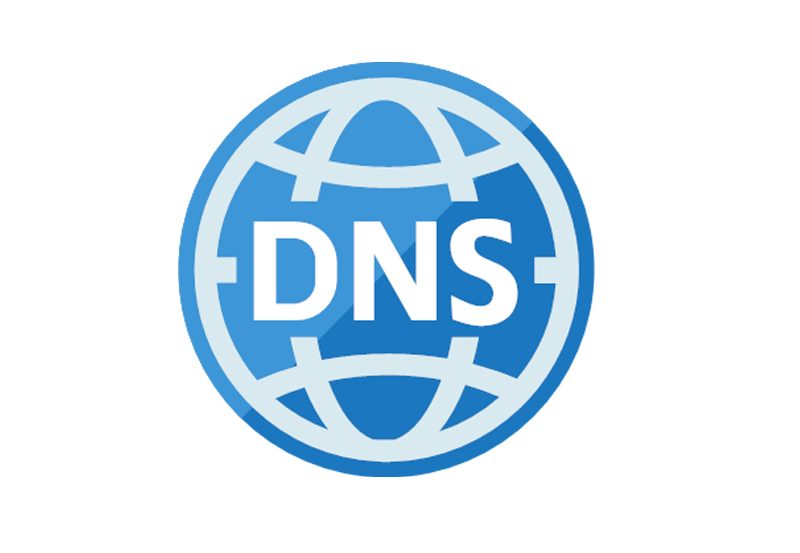IPTV, or Internet Protocol Television, is a technology that delivers television content via the internet instead of traditional cable or satellite methods. This system allows users to access television shows, movies, and live events through their internet connection, offering a more flexible and personalized viewing experience. However, IPTV comes with several security risks that users should be aware of.
One primary concern is the potential for unauthorized access to content. As IPTV relies on internet connectivity, there is a risk of hackers intercepting or manipulating streamed content, potentially leading to privacy breaches and unauthorized distribution of copyrighted material. Additionally, IPTV services often require users to provide personal information and payment details, making them potential targets for identity theft and financial fraud.
IPTV also presents security risks at the network level. Being internet-dependent, it is vulnerable to the same security threats as other internet-connected devices, including malware infections, phishing attacks, and various cyber threats. Furthermore, IPTV services may require users to open specific ports on their routers to enable content streaming, potentially creating vulnerabilities that attackers could exploit.
To mitigate these risks, IPTV users should take proactive measures to protect themselves and their data. This includes securing their network infrastructure, using strong passwords, keeping software up-to-date, and being cautious when providing personal information. Understanding these security risks and implementing appropriate safeguards is crucial for safe and secure IPTV usage.
Key Takeaways
- IPTV poses security risks such as unauthorized access, content piracy, and malware distribution.
- Securing your router for IPTV involves changing default passwords, enabling encryption, and updating firmware.
- Utilizing DNS settings for IPTV security includes using secure DNS servers and blocking malicious domains.
- Configuring firewall settings for IPTV protection involves creating rules to control incoming and outgoing traffic.
- Implementing DHCP security measures for IPTV includes using MAC address filtering and setting lease times.
- Safeguarding your network with NAT settings for IPTV involves using network address translation to hide internal IP addresses.
- Conclusion: Ensuring security for IPTV through firewall settings is crucial for protecting against potential threats and vulnerabilities.
Securing Your Router for IPTV
Change the Default Administrator Password
Many routers come with a default username and password, which are widely known and can be easily exploited by attackers. By changing the default password to a strong, unique one, you can significantly reduce the risk of unauthorized access to your router and network.
Keep Your Router’s Firmware Up to Date
Router manufacturers regularly release updates to address security vulnerabilities and improve performance. By keeping your router’s firmware updated, you can ensure that it has the latest security patches and protections against emerging threats.
Enable Encryption and Disable Remote Management
Enabling WPA2 encryption on your wireless network is essential for protecting your IPTV service from unauthorized access. By using a strong, unique passphrase, you can prevent unauthorized users from accessing your network and potentially intercepting your IPTV content. Additionally, it is recommended to disable remote management on your router to prevent attackers from accessing its settings from outside your network. By taking these steps to secure your router for IPTV, you can significantly reduce the risk of unauthorized access and protect your network and devices from potential security threats.
Utilizing DNS Settings for IPTV Security
DNS (Domain Name System) settings play a crucial role in securing your IPTV service and protecting your network from potential security risks. One of the first things you can do to utilize DNS settings for IPTV security is to use a reputable DNS service provider. Many internet service providers (ISPs) offer their own DNS servers, but using a third-party DNS service such as Google DNS or OpenDNS can provide additional security benefits.
These third-party DNS providers often offer enhanced security features such as malware blocking and phishing protection, which can help protect your IPTV service from potential threats. Another important aspect of utilizing DNS settings for IPTV security is to enable DNSSEC (Domain Name System Security Extensions) if your DNS provider supports it. DNSSEC adds an additional layer of security by digitally signing DNS data to ensure its authenticity and integrity.
By enabling DNSSEC on your DNS settings, you can protect your IPTV service from DNS spoofing attacks and other forms of DNS-related security threats. Additionally, it is recommended to regularly monitor your DNS settings for any unauthorized changes or suspicious activity. Attackers may attempt to manipulate DNS settings to redirect users to malicious websites or intercept their internet traffic, so it is important to stay vigilant and take immediate action if any irregularities are detected.
Configuring Firewall Settings for IPTV Protection
Configuring firewall settings is essential for protecting your IPTV service from potential security risks and ensuring the security of your network infrastructure. One of the first steps you can take to configure firewall settings for IPTV protection is to enable a firewall on your router or network gateway. A firewall acts as a barrier between your network and the internet, monitoring and controlling incoming and outgoing network traffic based on predetermined security rules.
By enabling a firewall and configuring it to block unauthorized traffic, you can prevent attackers from gaining access to your network and potentially intercepting or manipulating your IPTV content. Another important aspect of configuring firewall settings for IPTV protection is to create specific rules for IPTV traffic. Many IPTV services require users to open specific ports on their routers to enable the streaming of content.
By creating firewall rules that only allow traffic on these specific ports from trusted sources, you can reduce the risk of unauthorized access and protect your IPTV service from potential security threats. Additionally, it is recommended to regularly review and update your firewall rules to ensure that they reflect the latest security best practices and address any emerging threats. By taking these steps to configure firewall settings for IPTV protection, you can significantly reduce the risk of unauthorized access and protect your network and devices from potential security risks.
Implementing DHCP Security Measures for IPTV
Implementing DHCP (Dynamic Host Configuration Protocol) security measures is essential for protecting your IPTV service from potential security risks and ensuring the security of your network infrastructure. One of the first things you can do to implement DHCP security measures for IPTV is to enable DHCP snooping on your network switches. DHCP snooping acts as a security feature that monitors DHCP messages on a network and filters out unauthorized or malicious DHCP traffic.
By enabling DHCP snooping, you can prevent attackers from gaining unauthorized access to your network and potentially intercepting or manipulating your IPTV content. Another important aspect of implementing DHCP security measures for IPTV is to configure DHCP address allocation settings carefully. Many IPTV services require users to assign static IP addresses to their devices to ensure consistent connectivity and performance.
By carefully configuring DHCP address allocation settings and using static IP addresses for your IPTV devices, you can reduce the risk of IP address conflicts and ensure that your IPTV service operates smoothly and securely. Additionally, it is recommended to regularly monitor DHCP logs for any unauthorized or suspicious activity. Attackers may attempt to manipulate DHCP settings to gain unauthorized access to your network or devices, so it is important to stay vigilant and take immediate action if any irregularities are detected.
Safeguarding Your Network with NAT Settings for IPTV
Enabling NAT on Your Router
One of the first steps you can take to safeguard your network with NAT settings for IPTV is to enable NAT on your router or network gateway. NAT acts as a security feature that hides the internal IP addresses of devices on your network from external sources on the internet, providing an additional layer of protection against potential attacks.
Configuring NAT Settings and Port Forwarding
By enabling NAT and configuring it properly, you can prevent attackers from gaining unauthorized access to your network and potentially intercepting or manipulating your IPTV content. Another important aspect of safeguarding your network with NAT settings for IPTV is to use port forwarding judiciously. Many IPTV services require users to open specific ports on their routers to enable the streaming of content. By using port forwarding judiciously and only opening the ports necessary for your IPTV service from trusted sources, you can reduce the risk of unauthorized access and protect your IPTV service from potential security threats.
Regularly Reviewing and Updating NAT Settings
Additionally, it is recommended to regularly review and update your NAT settings to ensure that they reflect the latest security best practices and address any emerging threats. By taking these steps to safeguard your network with NAT settings for IPTV, you can significantly reduce the risk of unauthorized access and protect your network and devices from potential security risks.
Ensuring Security for IPTV through Firewall Settings
In conclusion, ensuring the security of your IPTV service is crucial for protecting your data, devices, and network infrastructure from potential security risks. By understanding the security risks associated with IPTV and taking proactive measures to secure your router, DNS settings, firewall settings, DHCP measures, NAT settings, you can significantly reduce the risk of unauthorized access and protect your IPTV service from potential threats. It is important for IPTV users to stay informed about the latest security best practices and emerging threats in order to maintain a secure and reliable viewing experience.
By following these guidelines and implementing robust security measures, you can enjoy the convenience of IPTV while safeguarding your data and devices from potential security risks.
If you’re looking to set up IPTV on IPTV Smarters Pro, you may also be interested in learning about the importance of MAC addresses on MAG boxes. Understanding how MAC addresses work can help ensure the security of your IPTV setup. Check out this article for more information on this topic.
IPTV and NAT Settings: Enabling Network Address Translation





